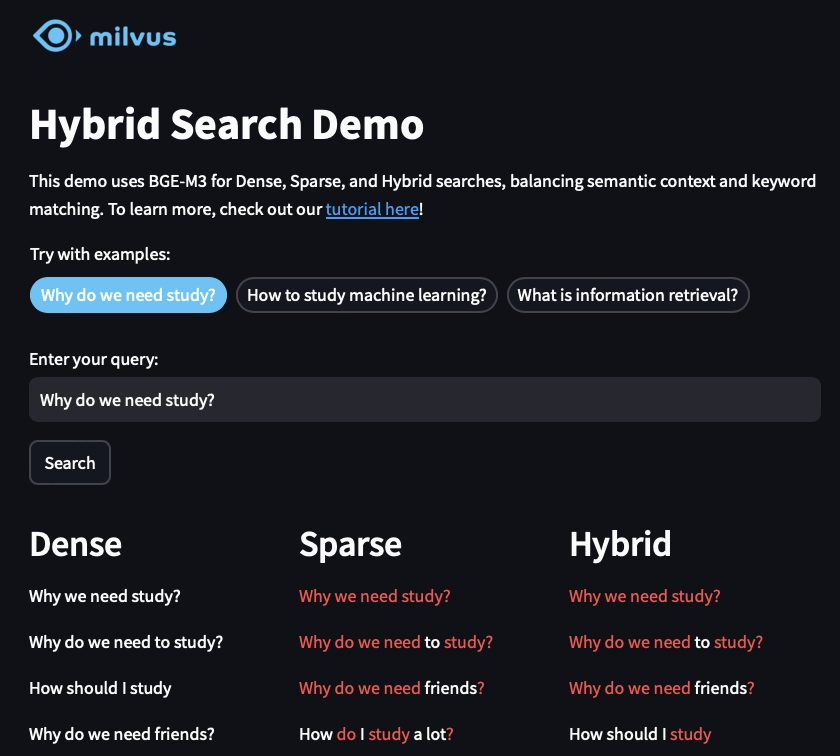Scalability challenges in full-text systems arise primarily from handling growing data volumes while maintaining performance, reliability, and cost efficiency. These systems must manage indexing, query execution, and resource allocation effectively as data scales, which becomes increasingly complex with larger datasets or higher user traffic.
The first major challenge is indexing efficiency. Full-text systems rely on inverted indexes to quickly locate documents containing specific terms. As data grows, building and updating these indexes becomes resource-intensive. For example, reindexing a dataset with billions of documents can take hours or days, impacting system availability. Distributed systems like Elasticsearch mitigate this by sharding indexes across nodes, but maintaining consistency during updates (e.g., handling concurrent writes or deletions) adds overhead. Additionally, real-time indexing for frequently changing data (e.g., social media posts) requires careful tuning to balance latency and throughput, as delays in index updates can lead to stale search results.
The second challenge is query performance under load. Full-text searches often involve complex operations like fuzzy matching, phrase searches, or ranking algorithms (e.g., TF-IDF). As the dataset grows, even optimized queries can slow down due to larger indexes being scanned. For instance, a search for “error messages in backend logs” across petabytes of log data might require scanning millions of entries, straining CPU and memory. Caching frequent queries helps, but it’s less effective for dynamic or diverse search patterns. Scaling horizontally by adding more nodes can help distribute the load, but network latency and synchronization between nodes (e.g., in a distributed cache) introduce new bottlenecks.
Finally, storage and infrastructure costs escalate with scale. Inverted indexes often consume 2–3x the storage of the original data, requiring significant disk space. Systems handling multilingual content or custom analyzers (e.g., tokenizers for Chinese text) may need even larger indexes. Cloud-based solutions can auto-scale, but costs grow non-linearly as clusters expand. For example, a system indexing 10 million documents might run on a single server, but scaling to 1 billion documents could require dozens of nodes, multiplying hardware and operational expenses. Additionally, backup and disaster recovery for distributed full-text systems add complexity, as ensuring data consistency across geographically dispersed nodes increases network and storage demands.
